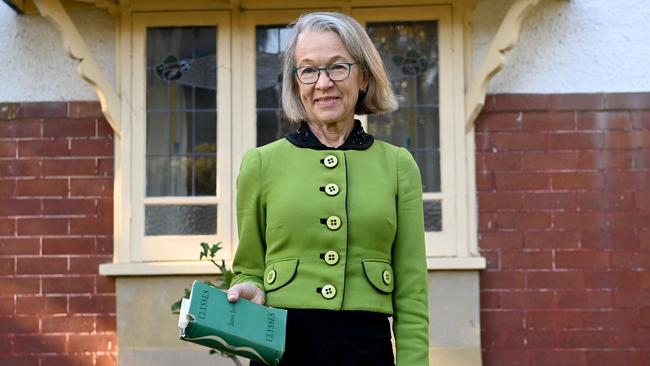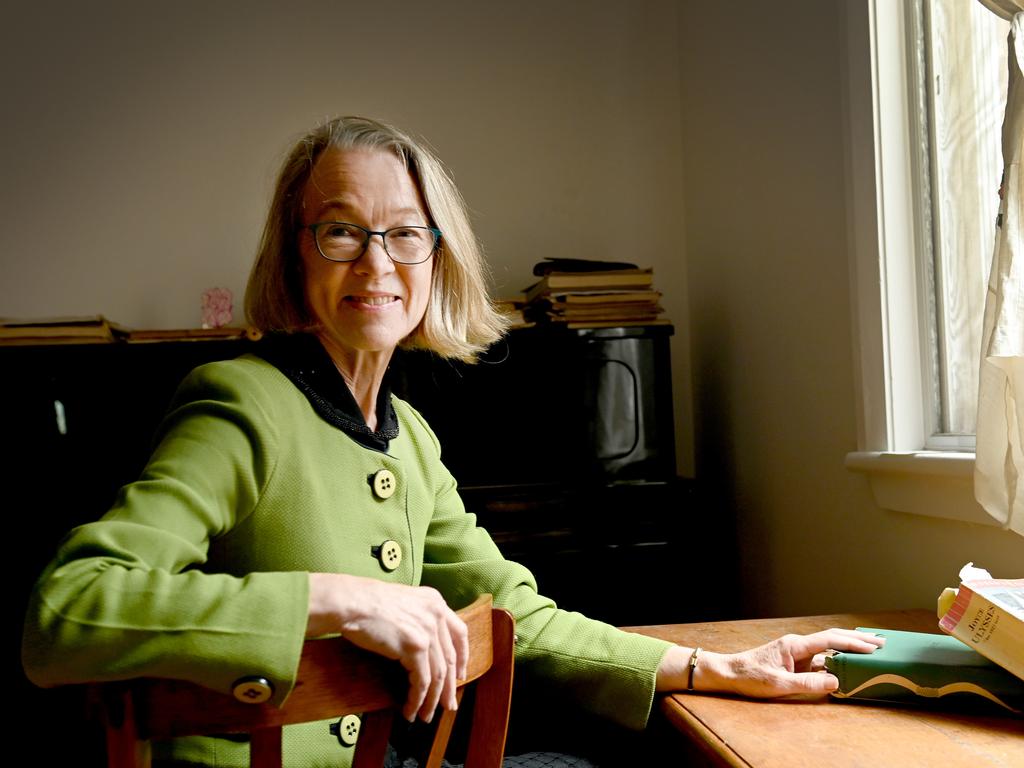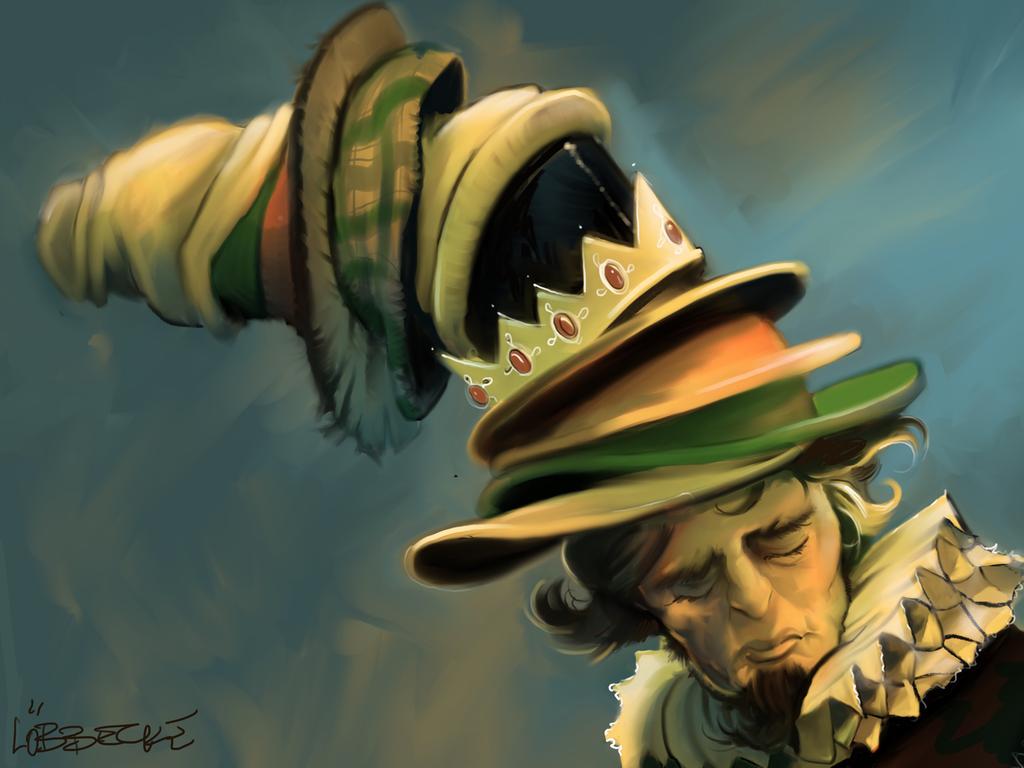Gabrielle Carey tragedy writ large: striving for excellence doesn’t pay
Gabrielle Carey died in a perilous financial state. In almost any other serious country, a woman of her achievements would not have been worried about money. What does it say about us?

This article was first published in May, 2023.
Why was the writer Gabrielle Carey, who died this week, in a perilous financial state?
In almost any other serious country, a woman of her achievements would not have been worried about money.
Carey was a teenager when she wrote Puberty Blues with Kathy Lette. It was an absolute sensation. Girls writing about boys! Girls writing about sex!
Also girls standing up for themselves. A new generation of feminists was born with that book. The publisher, Hillary McPhee, recalls the moment Carey and Lette came into the offices of her old publishing company, McPhee Gribble, hoping to get a deal.
“They didn’t bring in a manuscript, they brought in a performance,” McPhee says. “They insisted on singing a song they had made up called Puberty Blues. Gabrielle was playing an instrument of some kind, and they danced and sang … and we were charmed. They were 16 years old, amazing kids.
“We asked for the manuscript, and we read it, and we thought it was shockingly inaccurate – what it said about how to get rid of a pregnancy and so forth, you could not publish – but we invited them to come back into the office and continue working on it.
“When it was finished, we all thought it was marvellous. I took it home to my teenage daughter, who disappeared upstairs … silence, silence, silence, and then she came back downstairs …”
Puberty Blues “sold and sold and sold, and then the film (with Nell Schofield) came out, and it kept being read, and it kept being talked about,” says McPhee. “But they got very little money, and you don’t make enormous money, not in Australia, from having a movie made of your book.”
In her mid-20s, Lette took off to London. She has since had a string of witty bestsellers, including How To Kill Your Husband, Foetal Attraction and Husband Replacement Therapy.
Carey shifted gear. In the mid-1980s, she met a convicted rapist in Parramatta jail, fell in love and, while still in her early 20s, married him in prison. Her book about the romance, Just Us, became a film starring Catherine McClements. She later moved to Mexico, and then to Ireland, where she was cloistered.
Her relationship with Puberty Blues became more ambivalent. Her friendship with Lette drifted.
“She started very serious scholarship, writing books she was passionate about, but she would have made very little money,” says McPhee. “They were excellent books. But you absolutely cannot make a living in Australia with small, excellent books.”
Carey’s principal artistic interest in recent years was the study of Ulysses. A committed Joycean, she hosted wonderful events for Bloomsday – the annual celebration, on 16 June, of the Irish writer.
On paper, a brilliant career.
But last December, Carey wrote about how difficult life had become. Her father, academic Alex Carey, had taken his own life on his 64th birthday. She was about to turn 64.
A series of crises had engulfed her father before he decided to end his life. “One of them was the challenge of retirement, and the sudden loss of his important role as lecturer, activist and mentor,” she wrote. A stockmarket crash destroyed his superannuation.
“All my working life I have believed that what happened to my father could not happen to me,” she said. But her own situation will familiar to many women of a certain age. As woman and a mother, she had always worked part-time and accumulated only a little super. She was “voluntarily separated” from a tertiary institution in 2020; her super “suffered catastrophic losses” during Covid.
“At the age of 63, I realised I would have to sell my house in a falling market,” she said.
“I also realised there was a real danger that my super would run out before the pension kicked in at 67. And even when I did get the pension, how would I pay for my many middle-class indulgences, such as, say, books?”
Carey had come to regret her choice to become a writer – although for readers the idea that she should be forced to do anything else seems anathema.
“Why had I left my perfectly nice, north-shore-raised husband with a good job, with whom, if I had stayed, I might have been comfortably settling into my twilight years?” she wrote. “Why, after a lifetime fearing my father’s end, was I now facing the same destiny?”
She remembered singing Paul McCartney’s When I’m 64 with her father, and when he then ended his life at 64, she became “terrified of that number.”
“If I have inherited by father’s disposition for depression, did that mean I would also end up in an early grave?” she wrote.
Reading that now, her death seems foretold.
Carey’s dreaded 64th birthday came and went in January. She rallied a little. Her daughter, son-in-law, and grandchild lived nearby, and they were a source of joy. But the depression she experienced after her mother died from cancer in 2009, an experience she wrote about in Waiting Room, returned with a vengeance. It was not gloom. It was despair.
The Australian’s chief literary critic, Geordie Williamson, captured the thoughts of many, saying: “In other cultures an author of Gabrielle Carey’s gifts would have been widely feted. Instead, like so many Australian writers before her, she laboured for decades in relative anonymity and with only scant support.”
Cultural critic Peter Craven said: “Hers was a remarkable career. She wrote a book for teenage girls, then became committed to serious literature, perhaps as a way to examine the melancholy that haunted her.”
Carey’s agent, Jane Novak, remarked upon her old friend’s “formidable intellect and her wonderful sparkling and spiky personality”. Her publisher at UQP, Madonna Duffy, said it was a privilege to work with Carey because her books illuminated “her fascination with writers and writerly lives … through them she sought to understand her own life”.
Lette said: “I have such happy memories of our teenage years … We made some mischief and broke some barriers.”
Carey’s desire to celebrate the work of others never wavered. Last year she could be found in the pages of The Australian campaigning to have a ferry named for one of her idols, the near-forgotten Australian novelist Elizabeth von Arnim.
Her own standards also never slipped. Moving Among Strangers, an exploration of her family’s connections with the Australian novelist and poet Randolph Stow, was joint winner of the 2014 Prime Minister’s Award for Non-Fiction. Her latest book Only Happiness Here was shortlisted for the Nib prize for Literature. She was working on a book about James Joyce when she died.
But being so committed to excellence, in Australian letters? It just does not pay.
If you or anyone you know needs help, contact: Lifeline: 13 11 14; Beyond Blue: 1300 22 4636; Kids Helpline: 1800 55 1800



